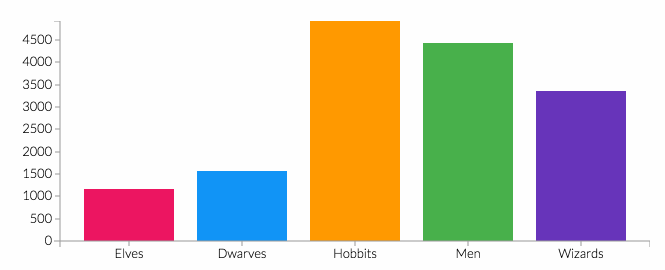PERANAN ORANG TUA DALAM MEMBANTU PERKEMBANGAN EMOSI POSITIF DAN PERILAKU SOSIAL ANAK
DOI:
https://doi.org/10.33853/jecies.v1i2.89Keywords:
Te Role Of Parents, Children, Social BehaviorAbstract
The family is the smallest unit in society, consisting of father, mother and child. The closest environment for children to interact is family. The role of parents in the family is very important. Parents are central and the main source of the formation of values held by children. Parents have a big responsibility in helping the quality of their children achieve the development of emotional maturity and social behavior with strong character and clear orientation. Neglect or lack of parental attention in shaping children's emotions and social behavior will have a major effect on children's ability to control their emotions and adapt, even in giving positive colors, to their environment. Emotion and behavior are two components that exist in humans that cannot be separated from each other (intertwined) where emotions affect behavior, not the other way around. Someone who is able to control their emotions will be able to control their behavior. Controlled emotions will provide a healthy space for the mind to think clearly and structurally. Conversely, a person who cannot control his emotions will not be able to control his behavior because the space for a healthy mind and a clear mind is closed. Therefore, in educating children to have good, positive and constructive behavior, what parents must first build is to build and form strong character in children by prioritizing the power of emotional control.
References
Abdullah Nashih Ulwan, Pendidikan Anak Dalam Islam, Terjemahan, Jamaluddin Miri (Jakarta: Pustaka Amani, 2007).
Abdullah Nashih Ulwan, Tarbiyatu Aulad Pendidikan Anak Dalam Islam, (Jakarta: Khatulistiwa Press, 2013).
Abu Amr Ahmad Sulaiman, Metode Pendidikan Anak Muslim Usia Prasekolah, Terjemahan, Ahmad Amin Sjihab Muraja’ah, dan M.Yusuf Harun, (Jakarta: Darul Haq, 2000).
Carole Wade, dkk, Psikologi,(Jakarta: Erlangga, 2014).
Dimitri Mahayana, Quantum Quotitent Kecerdasan Quantum, (Bandung: Nuansa, 2008).
Eilzabet B. Hurlock, Psikologi Perkembangan: Suatu Pendekatan Sepanjang rentang Kehidupan, (Jakarta: Erlangga, 1990).
Hasan Alwi, dkk, Kamus Besar Bahasa Indonesia,(Jakarta: Balai Pustaka, 2002).
Jalaludin, Psikologi Agama, (Jakarta: PT Raja Grafindo Persada, 2004). http//www.bppnfi-reg4.net/index.php/perkembangan-emosi-anak.html, (diakses, 7
Oktober 2012).
Ilman Saputra dan Alzena Maskouri, Membangun Sosial Emosi Anak di Usia 4-6 tahun,(Jakarta: Dirjen PAUDNI, 2011).
John W. Santrock, Life–Spain Development, Perkembangan Masa Hidup, Diterjemahkan oleh Juda Damanik, Achmad Chusairi, (Jakarta:Erlangga, 2002).
Janice J.Beaty, Observasi Perkembangan Anak Usia Dini, (Jakarta: Kencana Pranadamedia, 2013).
M.Darwis Hude, Emosi: penjelajahan Religio-Psikologis tentang emosi manusia dalam Al-Quran, (Jakarta: Erlangga, 2006).
Novan Ardy Wiyani, Psikologi Perkembangan Anak Usia Dini, Panduan Orang tua dan Pendidik PAUD dalam Memahami serta Mendidik Anak Usia Dini,(Yogyakarta: Gava Media, 2014).
Novita Tandry, Mengenal Tahap Kembang Anak dan Masalahnya, (Jakarta: Libri, 2011).
Tim Pustaka Phonix, Kamus Besar Bahasa Indonesia, Edisi baru, (Jakarta: PT Media Pustaka Phonix, 2010).
Teresa M.Mc.Devitt, Jeans Ellis Ormrod, Child Development and Education,(Upper Saddle River New Jersey Colombo Ohio: Merril Prentice Hall, 2002).




